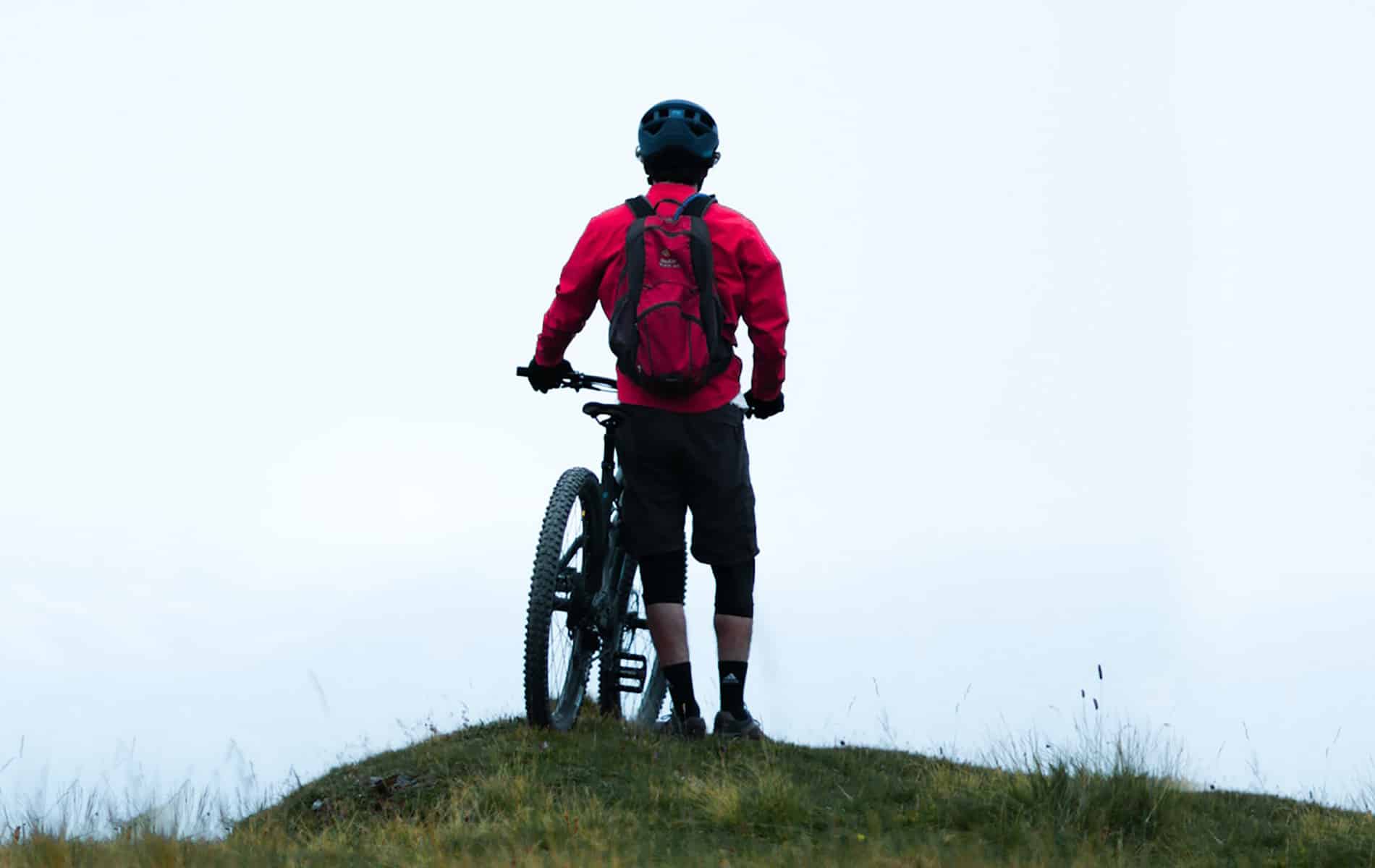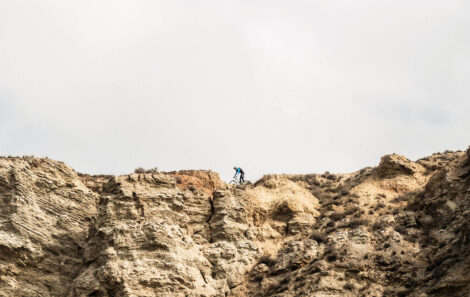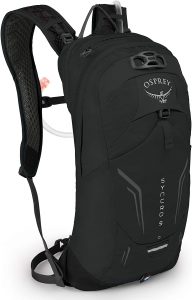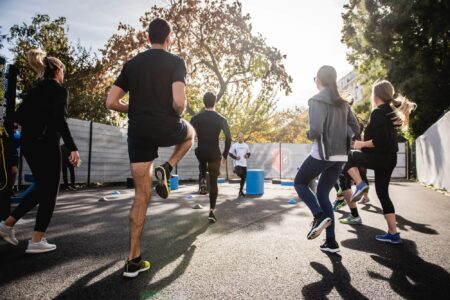Injured On The Trail? How To Get Back In One Piece Without Panicking
- Matthew Chisholm
- August 25, 2021
- Education

Photo by Nico Iseli
I’m not gonna lie; I injure myself a bunch on the mountain bike. I’m not sure if it’s my riding style or lack of balance, but I find myself on the ground much more than I’d like. Getting injured on the trail while mountain biking for me comes in waves. I can go a whole six months without so much as having to put a foot down. Then, in two weeks, I can put together a string of injuries that would take most others a couple of years to repeat.
Getting injured while mountain biking is not a matter of if but when.
This is especially true at the beginning of your mountain bike journey. I remember selling my first few mountain bikes because I couldn’t take the constant battering. I would rather just ride my bike on the road than spend a whole week bruised and broken from a silly fall. But the truth is that injuries occur less and less as you ride: your mind making the mind/body connections necessary to keep you upright.
But, if you are unlucky enough to injure yourself on the trail, you need to make sure you have a plan. In fact, you should always have a plan in mind before you set out. A plan, created to allow the best possible chance of getting back to the trailhead in one piece.
A ride near my house ended up with a dislocated right pinky.
I know that may sound like a petty injury, unlike these unbelievable crashes, but it initially sent me into a panic. I fell over in a rock garden and jammed my finger between a rock and a hard place (my handlebar, to be exact). My second joint pushed up and over the top of my knuckle.
I thought my finger was completely snapped in half when I first looked at it. A million thoughts raced through my mind. Ranging from whether I would need surgery to have my finger amputated to how I would type at my job. I was also pretty bummed that riding was over both now and in the foreseeable future. Pretty soon, though, I confronted the immediate need to get out of the woods. Luckily, I wasn’t that far. I rode out with one hand on the bars and my cassette in a gear suitable for spinning. I quickly got to the hospital and had my finger popped into place almost as good as new.
My ability to confront my panic was not an accident, and it shouldn’t be a spontaneous exercise for you either.
As a coach of high school mountain biking kids, I spent my time on the trail constantly worrying and wondering how we would get out if one of my guys or girls got really messed up. You can only encourage a teenager to ride inside their limits for so long. The key I found was that panic is always the enemy. Panic invites chaos of thought which then breeds indecision and ultimately bad decisions. I remember watching another rider I knew get so frustrated by one wreck. He proceeded to wreck several more times and damage his bike in a fitful rage. No one wins when you lose your cool.
I always have a mental map of my ride constantly playing in my head with my position relative to roads and evac points.
If it’s a long ride deep in the woods, I plan to criss-cross forest roads or other trail intersections, giving myself an exit point if I’m injured, have a broken bike, or am just plain tired. When riding in a group, I always assign a pair of riders who can retrieve the van/truck or help if needed. Never send a rider alone to retrieve help unless necessary.
There is strength in numbers, especially on the trail.
The goal of any ride never involves an injury, but know it will happen.
So plan, prepare and have a friend ready to help if you find yourself in a tough spot. Sure, it’s never fun to bike out of a trail with a broken collarbone. But keep your cool and smile; you’ll be on the bike in no time, stronger both physically and mentally.
Matthew Chisholm
Matt Chisholm is a data analyst and freelance writer who studies the environmental history of the Southern Smoky Mountain region of North Carolina. He was a contributor to Lost in Transition: Removing, Resettling, and Renewing Appalachia and the 2016 edition of the Journal of East Tennessee History, for which he won the 2017 McClung Award. When not writing, Matt enjoys road and mountain biking, hiking, trail running, and drinking beer around Concord, NC where he lives with his wife, daughter, and twin boys.
Get the email for busy mountain bikers.
Discover the best products + gear, and learn about deals from brands you love.




